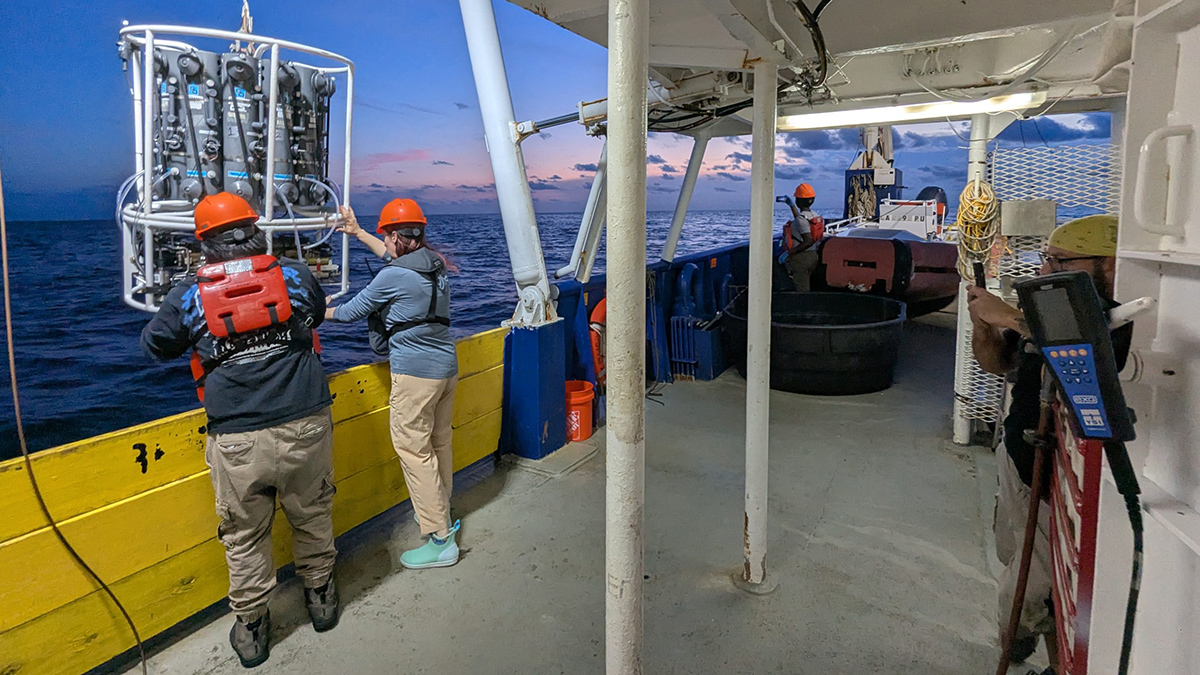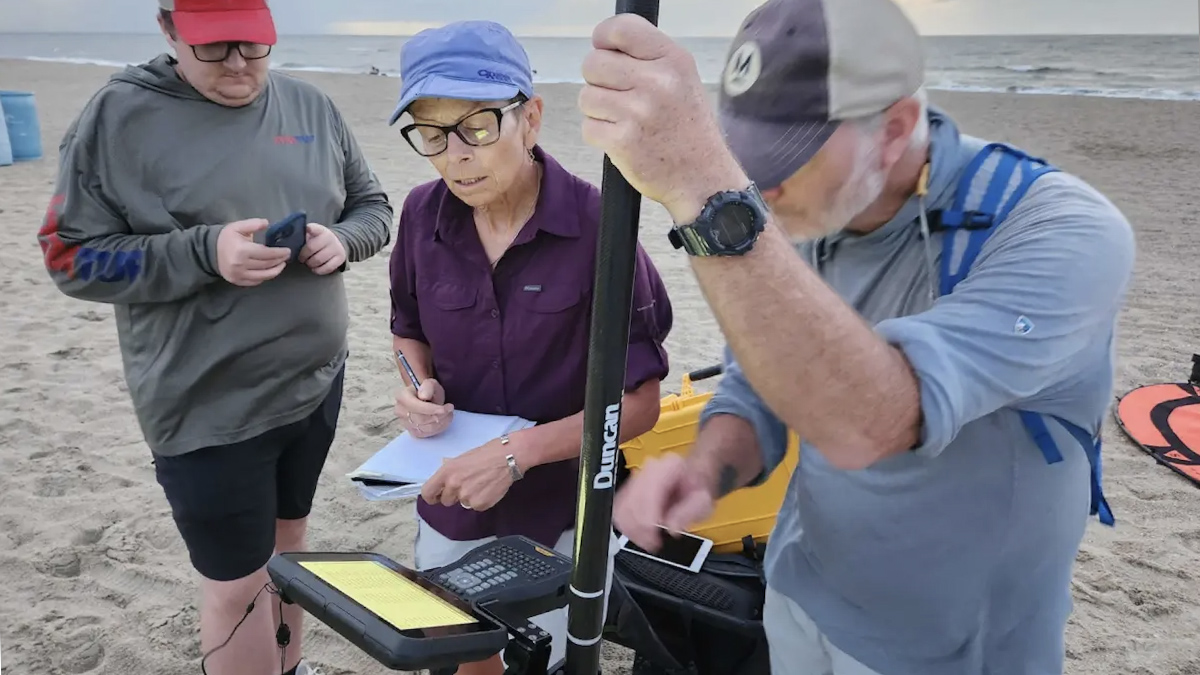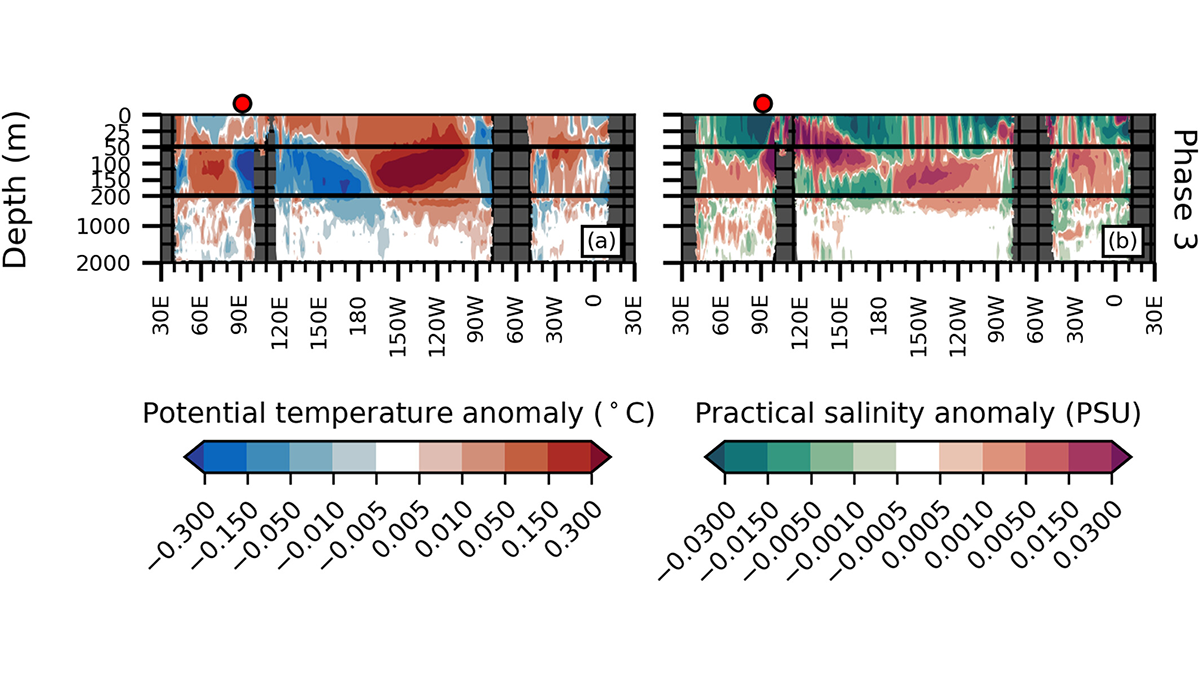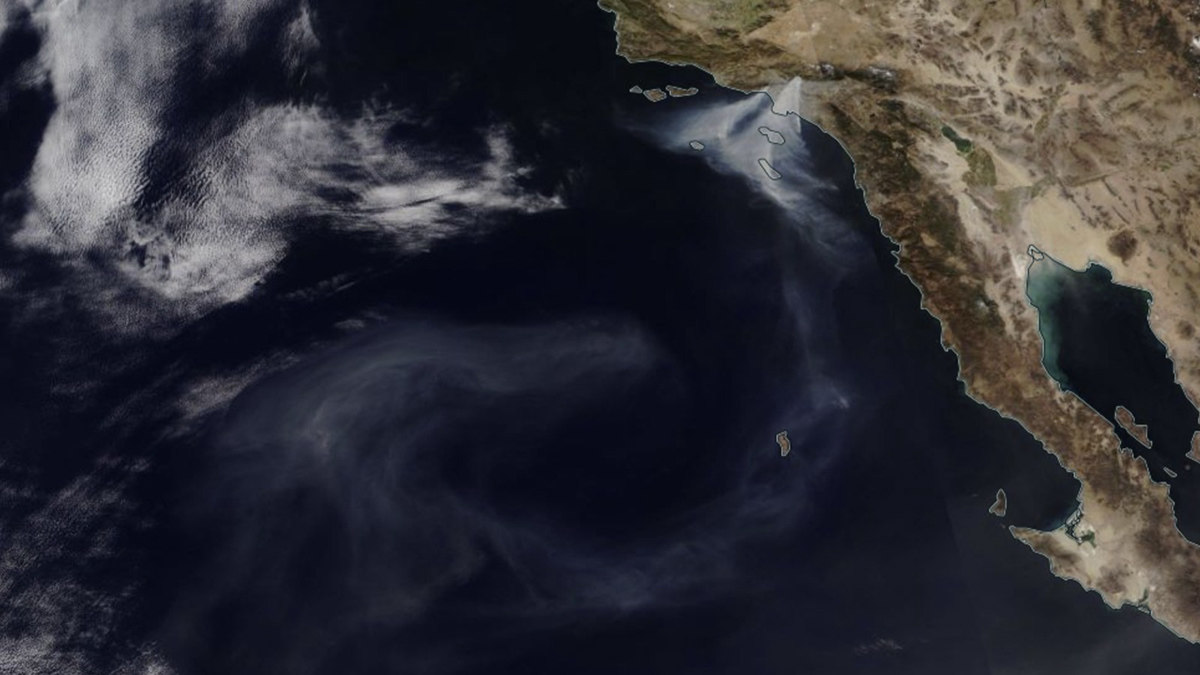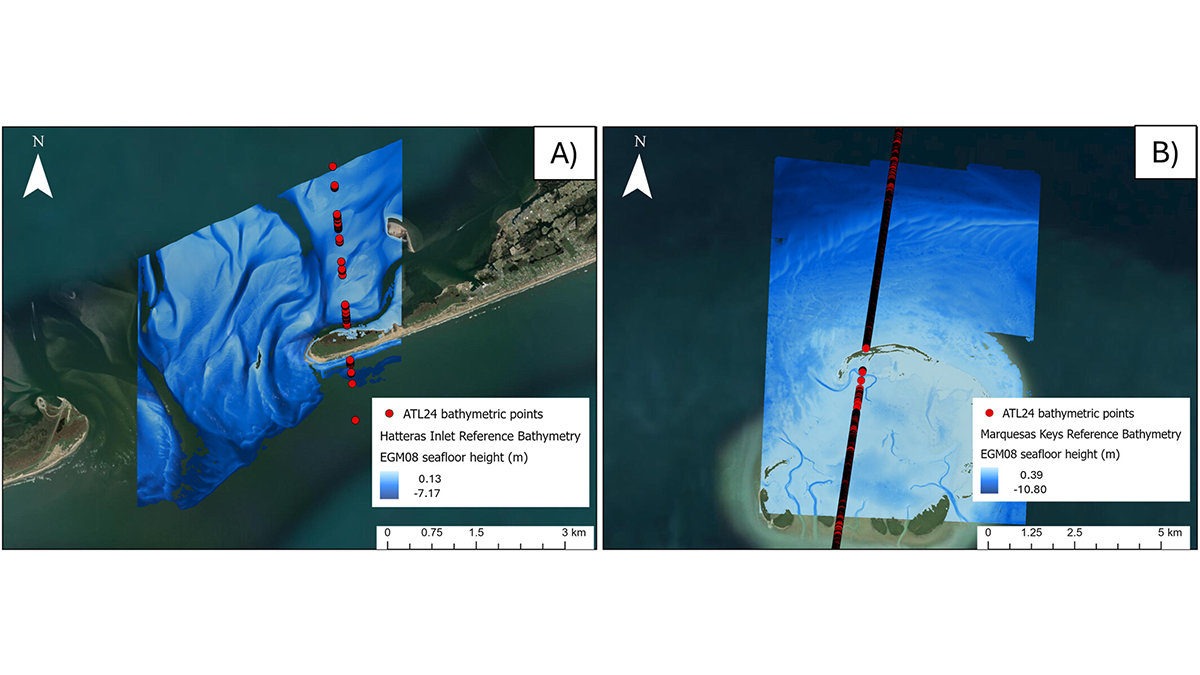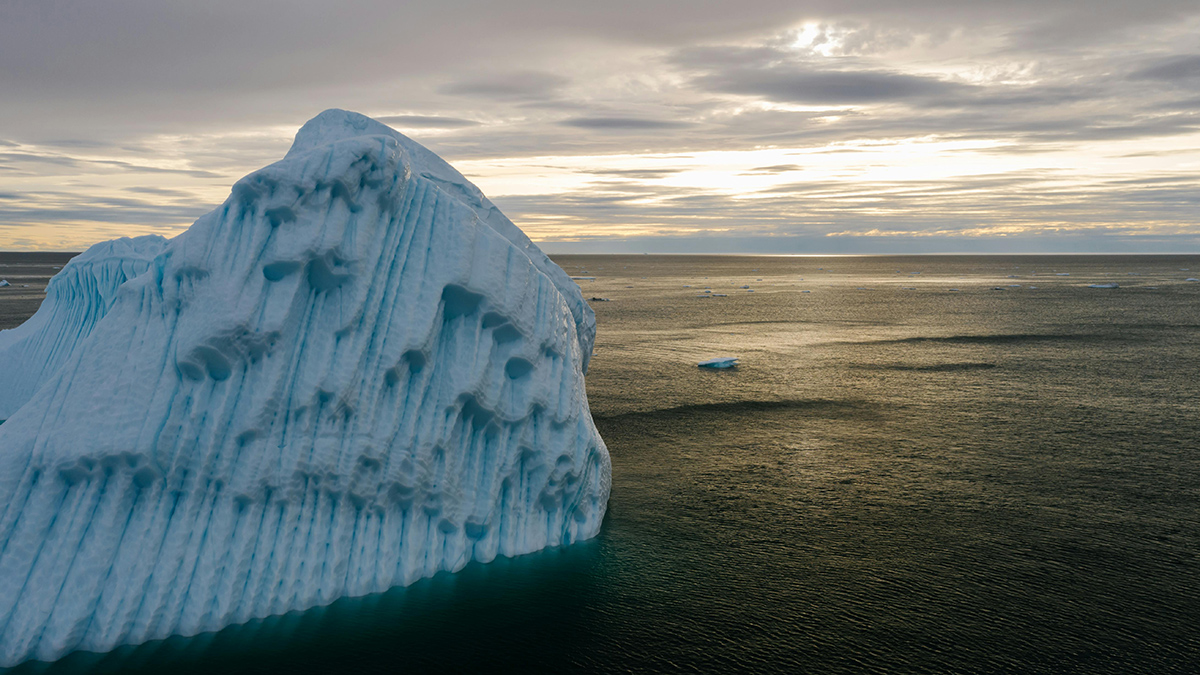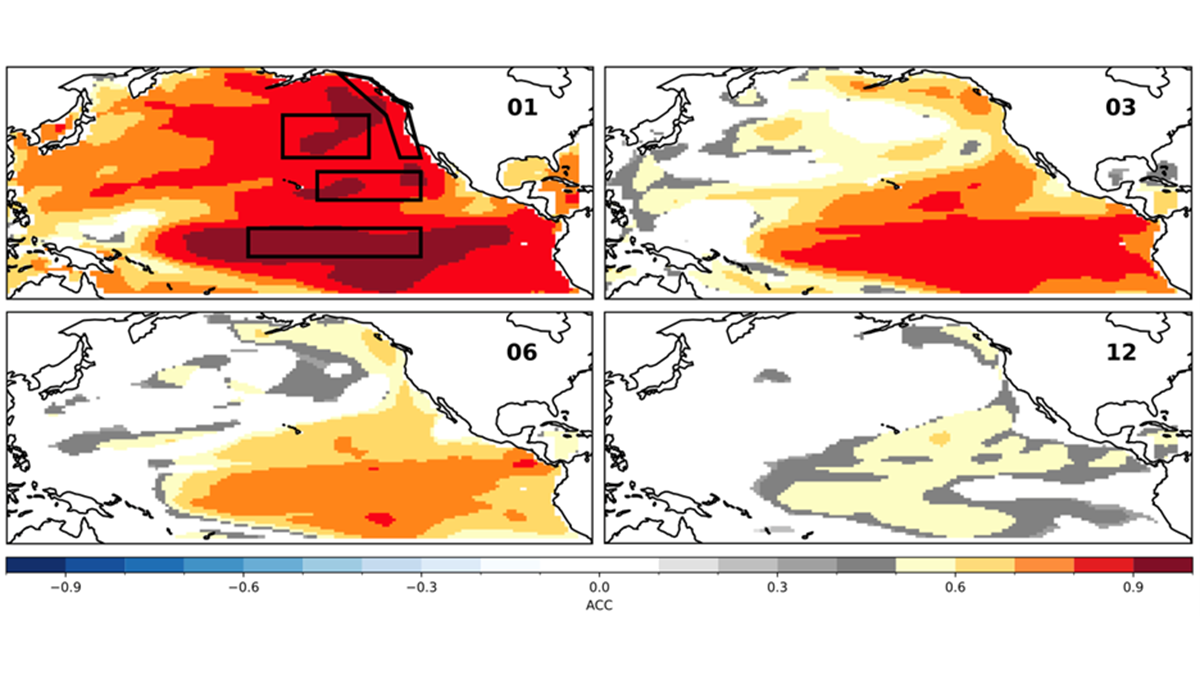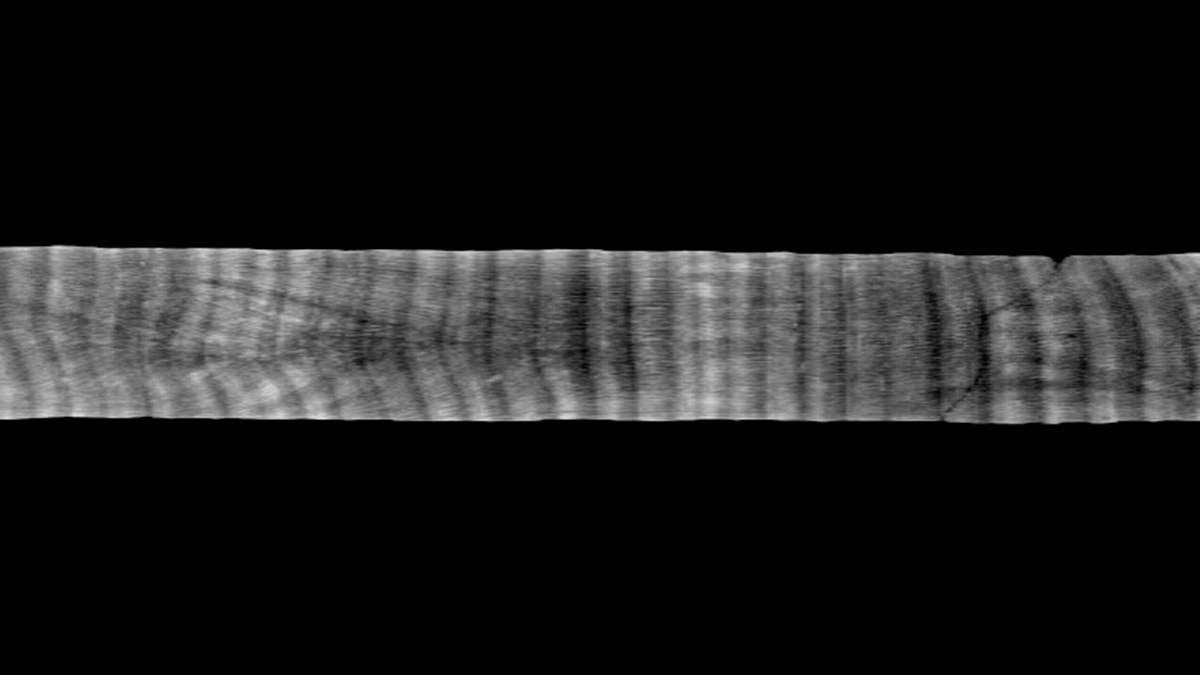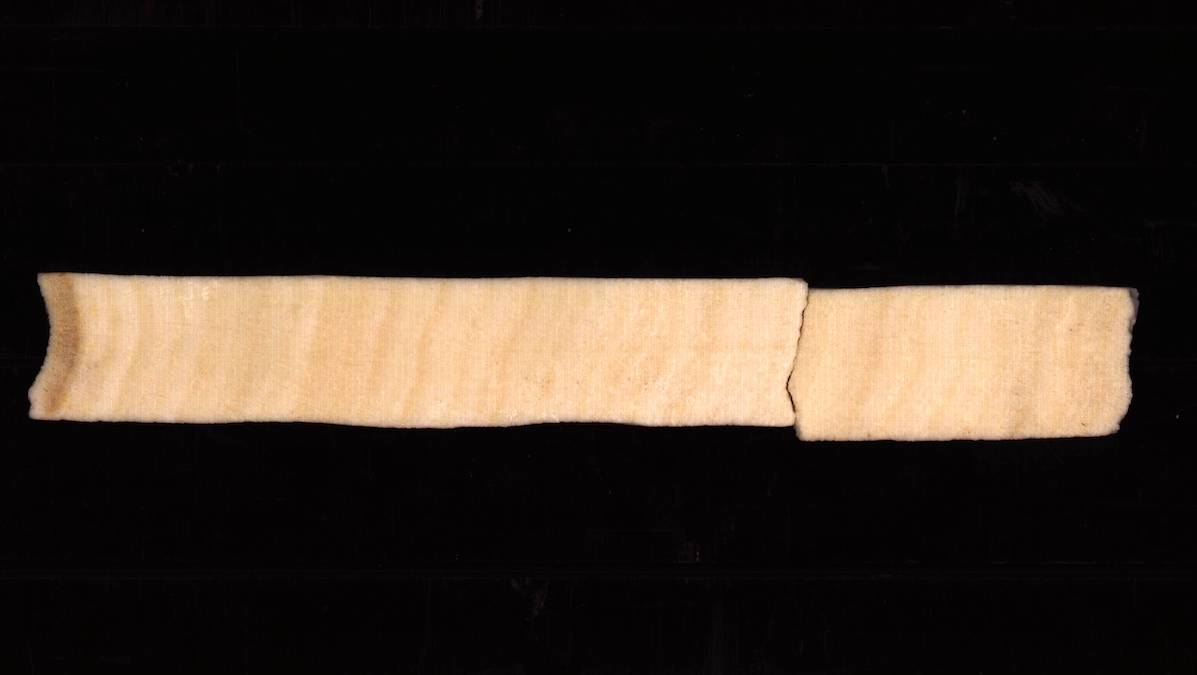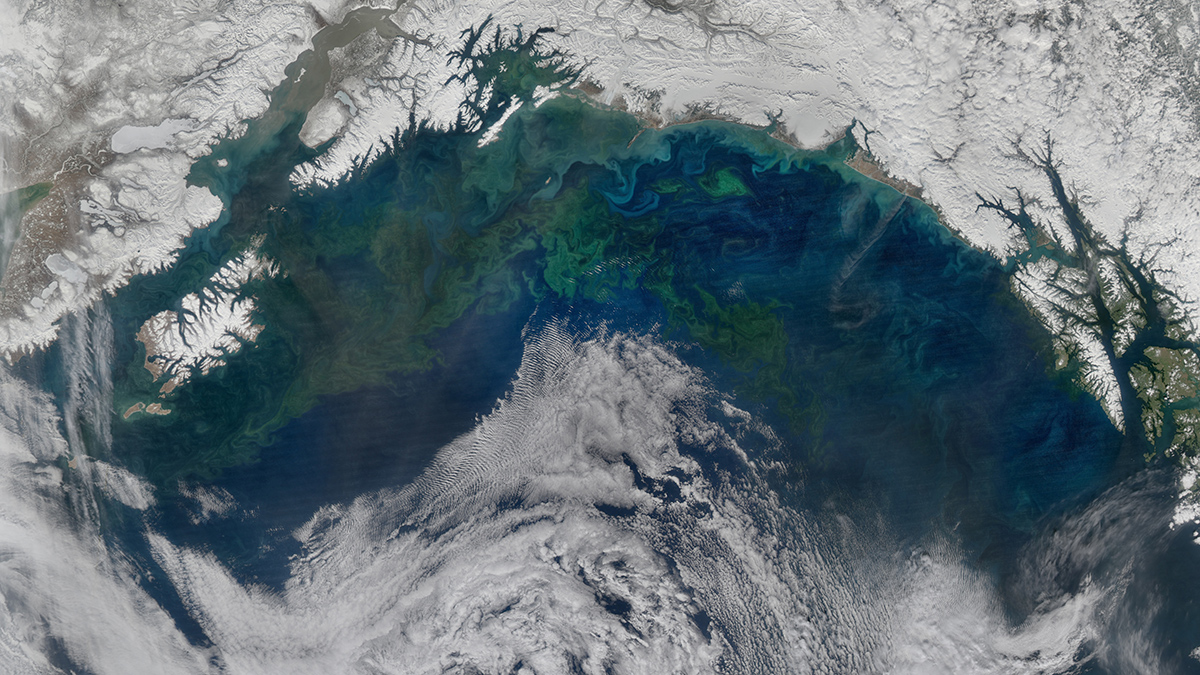Funding cuts are affecting The Pelican’s annual hypoxia cruise to investigate the environmental conditions off the coast of Louisiana.
Oceans
Inside a Georgia Beach’s High-Tech Fight Against Erosion
Armed with drones and lasers, scientists are creating detailed 3D maps of Tybee Island’s shifting shoreline.
Equatorial Deep Ocean Response to the Madden-Julian Oscillation
The changes in Madden-Julian Oscillation wind can trigger a response in the deep equatorial Pacific and Indian Ocean.
Scrambling to Study Smoke on the Water
Timely action shows the impact of urban fires on freshwater and marine ecosystems.
NASA Mission Creates a New Global Coastal Bathymetry Product
NASA’s Ice, Cloud, and land Elevation Satellite 2 (ICESat-2) mission recently released a new shallow water bathymetry product, which has already delivered data for 13.7 million kilometers of coastal waters.
Arctic Ice Shelf Theory Challenged by Ancient Algae
Chemical signatures of marine organisms reveal that seasonal sea ice, not a massive ice shelf, persisted in the southern Arctic Ocean for 750,000 years.
Decadal Forecasts with a SMYLE
Scientists use a large suite of simulations with an established climate model to predict the Pacific Decadal Oscillation up to one year in advance, but El Niño can still get in the way.
Un repositorio de núcleos de coral diseñado para la transparencia y accesibilidad
CoralCT archiva datos originales y procesados de núcleos de corales y arrecifes, preservando información valiosa sobre cómo los corales responden a cambios medioambientales.
Coral Cores Pinpoint Onset of Industrial Deforestation
Trace elements in coral reefs provide a timeline of how Borneo’s rainforests have been altered by industry.
Iron Emissions Are Shifting a North Pacific Plankton Bloom
Some of the iron emitted by industrial activity in East Asia is carried by winds into the North Pacific, where it nourishes iron-hungry phytoplankton.

